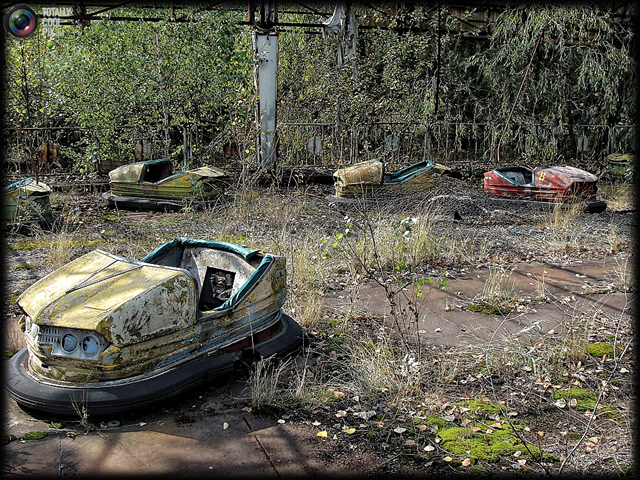Chernobyl study says health risks linger
By GARDINER HARRIS
March 17, 2011 Nearly 25 years after the accident at the Chernobyl nuclear power plant in Ukraine, children and teenagers who drank contaminated milk or ate affected cheese in the days and weeks after the explosion still suffer from an increased risk of thyroid cancer, according to a study released Thursday by the National Cancer Institute. The study confirms earlier research about the risks of radioactive iodine, which can accumulate in the thyroid gland and lead to cancer later. Potassium iodide is often given as a supplement to prevent the accumulation of the radioactive type in thyroid glands, but Russian authorities failed to provide the supplement to all those at risk. Radioactive iodine has a half-life of just eight days, and it was not thought to be present outside the power plant in concentrations high enough to cause immediate health problems. But the isotope was concentrated by cows in milk, and children who drank contaminated milk or ate affected dairy products are particularly at risk. An international team of researchers led by the National Cancer Institute, a federal agency based in Bethesda, Md., has been monitoring the health effects of the Chernobyl accident for years. In the study released Thursday, the team screened 12,500 people who were under 18-years-old at the time of the 1986 accident and lived in one of three provinces near the accident site. The subjects’ thyroid glands were measured for radioactivity within two months of the accident. Those with the greatest exposures were at highest risk for developing thyroid cancer in later years, the researchers found. Sixty-five of the study’s subjects developed thyroid cancer during the study’s 10 years of screening. Indeed, the increased risks associated with exposures to radioactive iodine have yet to show any sign of declining. Studies done in Japan after World War II suggested that the increased risks of thyroid cancer began to decline 30 years after the atomic explosions but remained above normal even 40 years later. …
